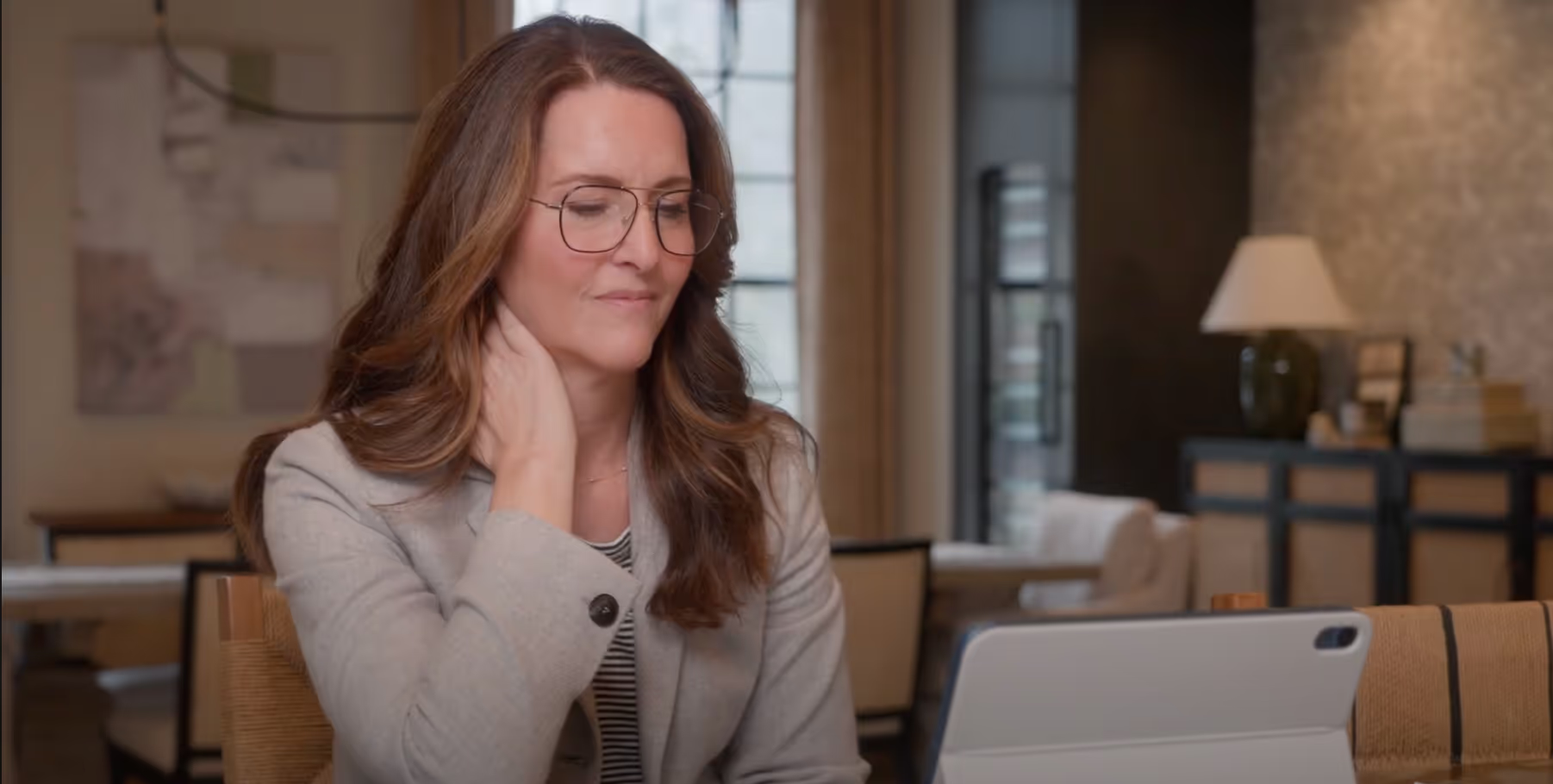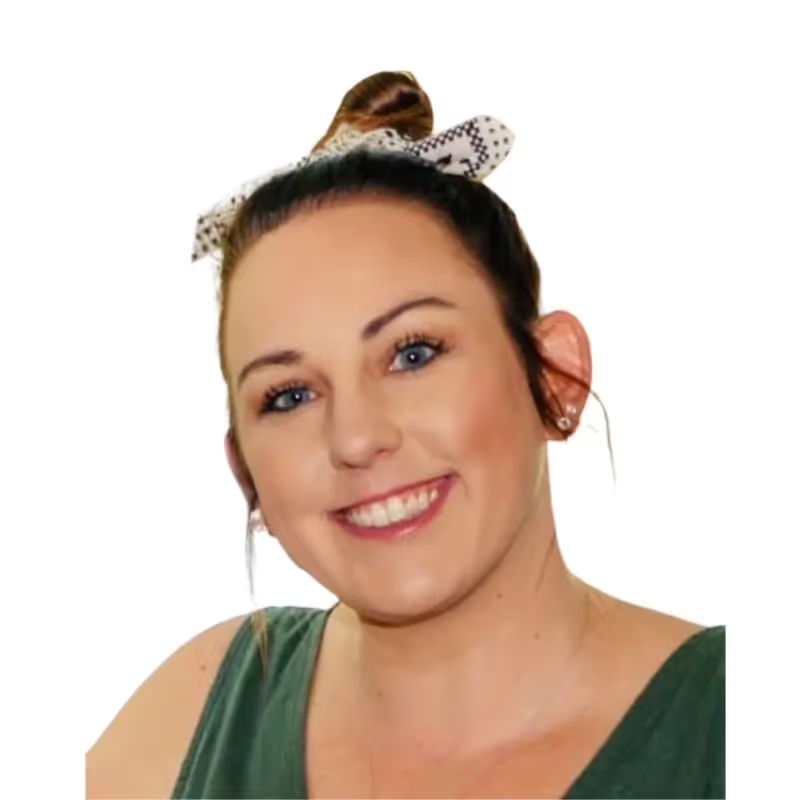Before penicillin, people died from what we consider trivial infections. Before vaccinations, children succumbed to virulence. Before sterile technique, post-surgical complications were prevalent. Before “clot-busting” medications, stroke was largely untreatable. Before telemedicine, there were delays in acute treatments.
Once-in-a-lifetime changes now seem to emerge every few years, many demonstrating new discoveries create rising tides instead of redistribution of existing resources. Adopting and adapting have become core to advancement.
It goes without saying that every medical advancement is preceded by a “before” In the diagnosis and treatment of ALS and other neurodegenerative diseases, we’ve reached a new “after.” Earlier in my career, patients would spend hours, if not the entire day, in multidisciplinary clinics (MDCs)--and that's if they were fortunate enough to live near one. Before the rise of MDCs, patients would have to make multiple trips to see their various doctors and therapists, if they had the option of cobbling together a comprehensive care team. In that era, the MDC was itself an “after" (and a good one!). With that being said, in medicine, we are obligated to continually strive for the next, better level of care–and that next, better level of care has arrived in ALS.
The benefits of telemedicine made themselves known during the pandemic, and we now see something novel emerging: Physicians are layering virtual care with face-to-face care to provide a continuity which did not previously exist. Brick-and-mortar clinics now have an outlet to offload some administrative burdens through virtual services so that they can shorten wait times for their patients. Patients can jump on an urgent virtual visit with short notice. Virtual meeting spaces allow for primary physicians and clinics to communicate with more regularity and frequency than ever before. The ancillary services associated with the MDC can be augmented on a modular basis between clinic visits, supporting patients through Speech Language Pathologists, Mental Health, or Genetic Counseling.
Synapticure is pioneering this model of collaborative care for neurodegenerative diseases as we continue to build an optimized model of in-person/virtual hybrid care. There is space and rationale for everything that existed prior to the advent of teleneurology, to remain in existence and in fact, to become even more robust than before. From large academic centers pursuing brilliant research, to smaller ALS clinics and general neurologists nobly taking on care for larger local patient populations, to the internists who heroically care for patients in remote locales who do not have access to primary neurology services.
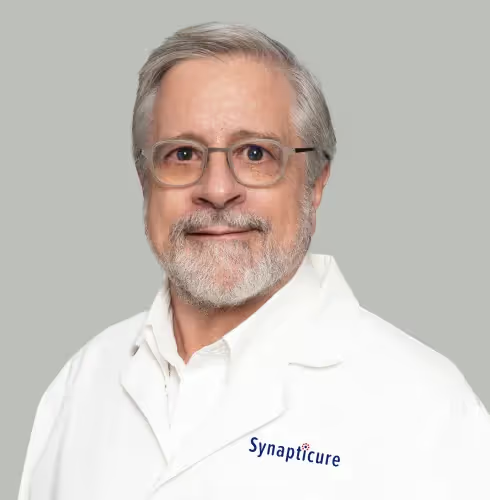
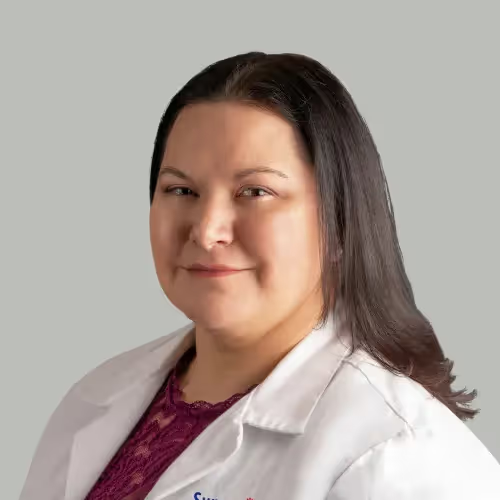
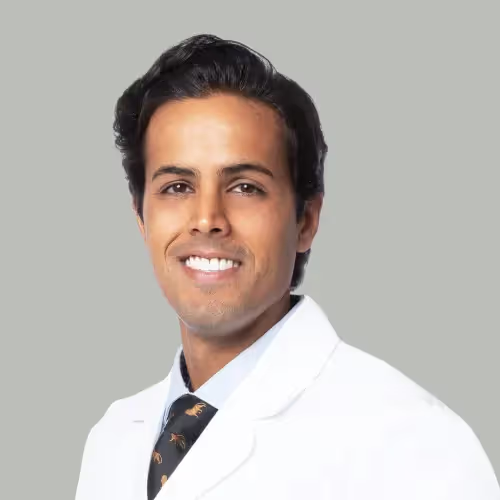


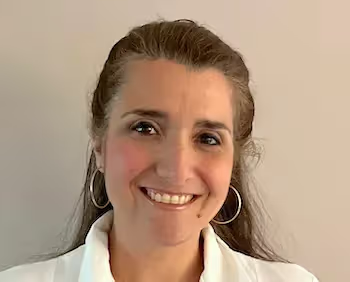





.png)
